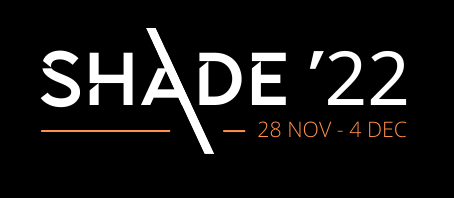Expo Schedule
2 DECEMBER 2022
8.30AM - 6.00PM
NUS UNIVERSITY CULTURAL CENTRE
400+ Registered
Recording link:https://youtu.be/fL-lX82Evb0
SHADE22 co-chairs: A/Prof Ngiam Kee Yuan and Asst/Prof Feng Mengling
Speaker: Dr Mona Flores
Global Head of Medical AI, NVIDIA Corporation
With the current interest in the Metaverse reaching a feverish pitch, Dr Mona from NVIDIA will go over what this means for healthcare, separating what is possible for near-term adoption vs the future and its possible use cases. She will also cover the tools needed to build the experience. Join us for this session as we speak about the Healthcare Metaverse.
Speaker: Ms Wendy Bohner
Health & Life Sciences Solution Architect, Intel Corporation
This session will cover key Health & Life Sciences trends in 2022 that are driving the need for data-driven insights. Learn how Artificial Intelligence and Machine Learning are being applied to Accelerate Scientific Discovery, Power the Smart Hospital and Modernize Digital Infrastructure. Among the use cases to be explored: how researchers are training models to recognize rare disease, how biopharma is transforming drug discovery, diagnosis and treatment, and how patient privacy is preserved while also providing greater access to data.
Speaker: Dr Asad Abu Bakar Ali
Director & Singapore Site Lead, Biomarker & Target Sciences (Imaging) Translational Medicine Research Centre, Singapore MSD
The emergence of AI/ML has posed an important question – how do we leverage these novel tools to accelerate our research and drug discovery pipeline? Organizations must focus on a few key elements to enable a transformative impact – identifying the right question and having the right people to work on those questions using the right technology. This session will focus on why a synergy between biology, technology, and data science is critical for differentiating biological signals from noisy data and generating actionable insights for driving pipeline forward.
Guest of Honour and Keynote Speaker: A/Prof Leo Anthony Celi
Clinical Research Director, Laboratory of Computational Physiology, Massachusetts Institute of Technology (MIT)
Speaker: Dr. Finale Doshi-Velez
Gordon McKay Professor of Computer Science, Harvard University
Responsible decision-making is tough in batch settings because policy improvement involves doing something different from the current behavior policy — but we only have data from that current behavior policy. In this talk, I’ll describe recent work which focuses on (a) identifying where clinicians disagree and (b) only making recommendations at those decision points. The core idea is that, statistically, we only have evidence to suggest an alternate policy in areas where we have observed clinician disagreement. The result is a set of recommendations that has both more statistical support and is easier for clinicians to inspect for validity. I’ll conclude with current work on explainable RL that aims to make the minimal number of changes from current clinical practice for maximal benefit.
Dr. Finale Doshi-Velez, Harvard University; Dr. Leo Anthony Celi, MIT; Dr. Anirban Bhattacharyya, Mayo Clinical; Dr. Barret Rush, University of Manitoba
Moderator: Dr Omar Badawi
Speaker: Dr Stefan Winkler
Research Director and Acting GM, ASUS AICS Singapore
Speaker: Mr Zhao Xi
Partner Development Director, Huawei Cloud APAC
AI in healthcare is the future, but which is the priority? Is either lifesaving focus or business first. Through this presentation we will share the healthcare market interest area and explore the AI priority in the ecosystems.
Dr Kenneth Ban
Programme Director, (Health / Biomedical and Life Sciences), National Supercomputing Centre (NSCC)
Healthcare is becoming more data-driven with the advent of ‘omics technologies and the ability to profile multi-dimensional parameters. Analysis of these large and complex datasets can accelerate the generation and testing of hypotheses to derive new insights that can improve healthcare outcomes. As size and complexity of data continues to increase, the need for computational and storage resources has become the bottleneck in analytical pipelines.
In Singapore, the National Supercomputing Centre (NSCC) was established to support the high performance scientific computing needs for different stakeholders in academia, research communities and industry. I will discuss how NSCC works in partnership with stakeholders in the biomedical and healthcare sectors to support the computational storage and networking needs, critical for accelerating the data-intensive analytical pipelines for digital healthcare.
Speaker: Priyanka Deva
Director, Technology Collaboration and Innovation, Singapore IT Hub, MSD
Transformation and innovation have been growing in importance and urgency as the biopharmaceutical industry, enterprise, and ecosystem partners seek to accelerate the transformation to meet evolving business needs. The session aims to discuss the emerging technologies which will have an impact on the biopharmaceutical industry and how MSD is leveraging technology and innovation to enable business outcomes.
Speakers:
Dr Eleni Dimokidis, CTO Healthcare Asia Pacific & Japan, AWS
Juan Mejia, AWS Solutions Architect, focused on AI/ML for Healthcare
Artificial intelligence (AI) holds the potential to power precision health with a new focus on disease prevention and to support citizens to keep well across the course of their lives. With AWS’ purpose-built artificial intelligence (AI) services for vision, transcription, natural language processing, and document understanding as well as the most comprehensive ML platform, organizations can use ML to make this a reality.
Speaker: Ms Li Chan
Healthcare Architect, Tencent Cloud
Tencent Cloud has been exploring ways to improve the quality and efficiency of healthcare industry through digital technology and Tencent AI concentrates on the entire process of medical services. Today we want to share about what we have done from disease diagnosis to treatment, including guided consultation, AI pre-diagnosis, AI-assisted diagnosis, and guided medication.
Speaker: Mr Liu Wei Bin
Vice President and Special Assistant to the Chairman of BGI Group
STOmics Stereo-seq(SpaTial Enhanced Resolution Omics-sequencing) focuses on going from data to knowledge in one step-with spatially resolved, sub-cellular gene expression profiling in intact tissue slices using unbiased spatial transcriptome profiling measurements.
Built on DNA Nanoball technology, Stereo-seq is designed for in situ mRNA capture and localization. Spatially resolved molecular information can be obtained with Stereo-seq, which provides a powerful research base for advanced analysis of gene expression, cell type identification, and, cell-to-cell communication in the nascent tissue microenvironment.
Joe Bayer,Beth Israel Deaconess Medical Center; Tiffany Wang, UCLA Medical Center; Dr Dominic Marshall, Imperial College; Dr Sing Chee Tan, Northern Health Melbourne; Leni Soriano
Moderator: Prof Leo Celi
Dr Judy Gichoya, Emory University; Dr David Pilcher, ANZICS; Torleif Lunde, University of Bergen; Trixie Tiangco, Cancer CARE Registry and Research Philippines Foundation
Moderator: Prof Ngiam Kee Yuan
SHADE22 co-chairs: A/Prof Ngiam Kee Yuan and Asst/Prof Feng Mengling





